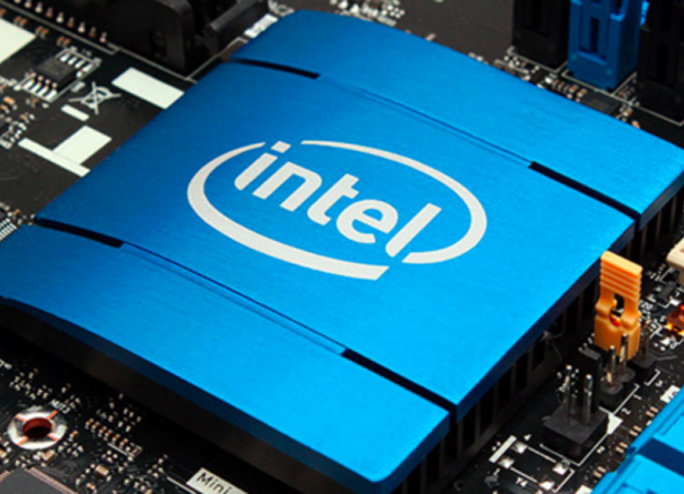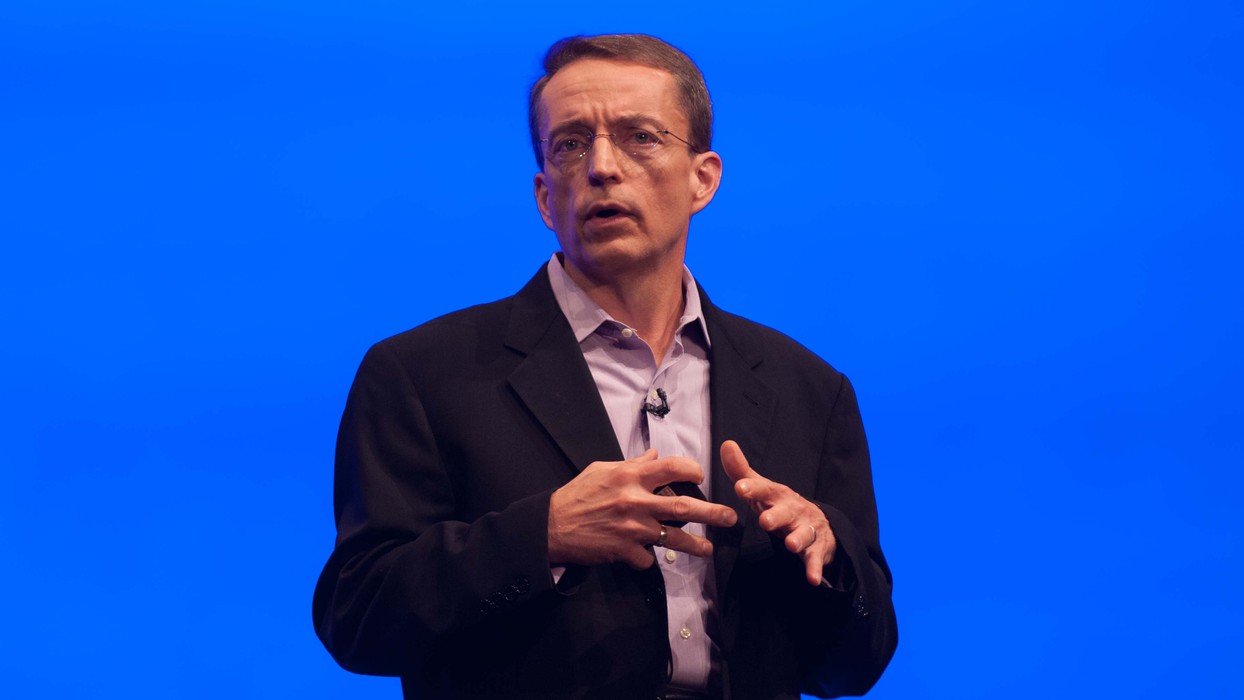Intel Seeking ‘£7bn In Public Subsidies’ For EU Chip Fab

Intel chief executive Pat Gelsinger reportedly says company is seeking about £7bn in public subsidies for European chip fab as EU looks to expand capacity
Intel is looking for 8 billion euros (£7bn) in public subsidies toward a planned semiconductor fabrication plant in Europe, the company’s chief executive was quoted as saying.
“What we’re asking from both the US and the European governments is to make it competitive for us to do it here compared to in Asia,” Pat Gelsinger told Politico Europe, according to reports in various news outlets.
Politico cited Gelsinger as saying he was seeking about 8 billion euros in subsidies, while Intel later distanced itself from the report, saying that while he emphasised the need for EU leaders to invest, he had not given a specific figure.
European Commissioner Thierry Breton met with Gelsinger and a top executive of Taiwanese contract chip maker TSMC on Friday as the EU pushes ahead with ambitious plans to reduce its reliance on high-tech parts manufactured elsewhere.

European fab
For its part, Intel is looking to challenge Asian companies such as TSMC by expanding into contract chip manufacturing itself.
Intel recently said it plans to invest $20bn (£14bn) in chip production in the US.
Gelsinger, on his first trip to Europe since taking the helm of Intel earlier this year, is scouting out locations for a possible chip plant that he says would back the EU plan.
Under the 2030 Digital Compass plan the bloc is aiming to double its share of global chip output to 20 percent over the next decade while adding the capability to manufacture the most cutting-edge 2 nanometre chips.
The latter goal, which could involve bringing in a major overseas chipmaker such as Intel or TSMC, is controversial with European chip manufacturers, who point out the current chip shortage in Europe is around older generations of processors needed in carmaking, healthcare and other industries.
Funding goals
Pouring funding into 2nm chips would reduce backing for older chips using 10-22nm geometries, Peter Wennick, chief executive of Dutch chip printing giant ASML, and others have said.
Germany’s Infineon said in a statement that while it welcomes Breton’s chip production initiative, it is “important to discuss most urgent needs and the most reasonable ways of investment”.
Breton, a former tech chief executive, said on Twitter that his meeting with Gelsinger had been an “in-depth discussion” and a video call with Maria Marced, president of TSMC Europe, was a “good exchange”.
“To meet current and future semiconductor industry demand, Europe will drastically increase production capacity – both on its own and through selected partnerships to ensure security of supply,” Breton wrote.
TSMC said it is “always willing to establish open communications with governments and regulators wherever they, and we, are based”.
The company is the world’s biggest chipmaker, followed by Samsung and Intel.
Chip tour
Breton is scheduled to hold talks on Tuesday with ASML’s Wennick and chipmaker NXP.
Gelsinger met Germany’s economy minister Peter Altmaier and Bavarian governor Markus Soeder during his tour, and was quoted as saying Germany would be a suitable location for an Intel European fab.
“We think of Germany as a good candidate – not the only, but a good candidate – for where we might build our fabrication capabilities,” he told German business daily Handelsblatt, also indicating an interest in the Benelux area.
Gelsinger also met with executives from BMW and Deutsche Telekom, while Reuters reported he visited the headquarters of Volkswagen.
This week he is due to travel to Israel, where Intel is to announce a $200m investment into a new chip development facility and the hiring of 1,000 staff.